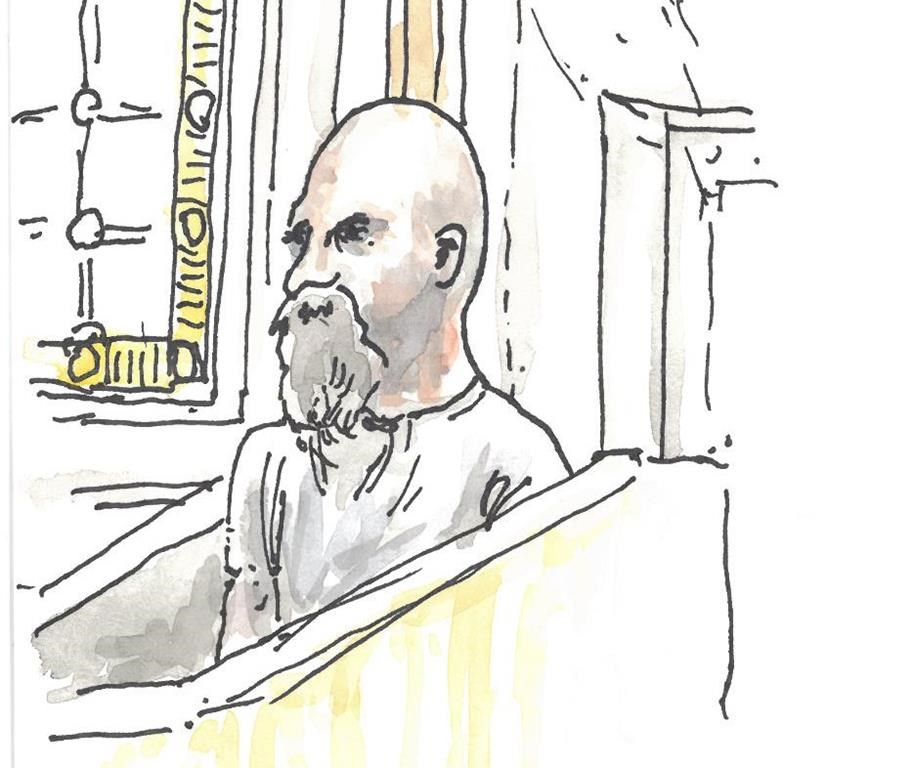Proving mental illness difficult: law prof
Advertisement
Read this article for free:
or
Already have an account? Log in here »
To continue reading, please subscribe:
Monthly Digital Subscription
$0 for the first 4 weeks*
- Enjoy unlimited reading on winnipegfreepress.com
- Read the E-Edition, our digital replica newspaper
- Access News Break, our award-winning app
- Play interactive puzzles
*No charge for 4 weeks then price increases to the regular rate of $19.00 plus GST every four weeks. Offer available to new and qualified returning subscribers only. Cancel any time.
Monthly Digital Subscription
$4.75/week*
- Enjoy unlimited reading on winnipegfreepress.com
- Read the E-Edition, our digital replica newspaper
- Access News Break, our award-winning app
- Play interactive puzzles
*Billed as $19 plus GST every four weeks. Cancel any time.
To continue reading, please subscribe:
Add Free Press access to your Brandon Sun subscription for only an additional
$1 for the first 4 weeks*
*Your next subscription payment will increase by $1.00 and you will be charged $16.99 plus GST for four weeks. After four weeks, your payment will increase to $23.99 plus GST every four weeks.
Read unlimited articles for free today:
or
Already have an account? Log in here »
Hey there, time traveller!
This article was published 08/05/2024 (588 days ago), so information in it may no longer be current.
A law professor says lawyers for a man who admits he killed four women in Winnipeg have multiple hurdles to clear for a defence of mental illness.
Jeremy Skibicki, 37, faces four counts of first-degree murder. His trial began Wednesday.
His lawyers told court this week they will argue that he committed the killings but is not criminally responsible due to a mental disorder.

Brandon Trask, an assistant professor of law at the University of Manitoba, said proving Skibicki had a mental disorder at the time of the killings is only the first step for the defence.
Once a mental illness has been established, Trask said, it comes down to whether the diagnosis made Skibicki incapable of knowing that the slayings were wrong.
“This is not the sort of a case where there’s a single victim, a single moment in time. This is a situation involving four victims across … a lengthier period in time,” Trask, who has no involvement with the case, said in an interview.
“This is going to be very challenging for the defence, very complex and very technical.”
Both sides have told court they plan to call expert witnesses to testify on Skibicki’s mental state.
Trask said there is not the same need to provide proof beyond a reasonable doubt as there is with a criminal conviction. The measure used for a finding of not criminally responsible is 50 per cent plus one that the accused most likely did not understand what he was doing was wrong.
Trask said it will be up to prosecutors to poke holes in the defence arguments.
“I would predict this is going to take a number of twist and turns over the coming weeks,” Trask said.
— The Canadian Press









